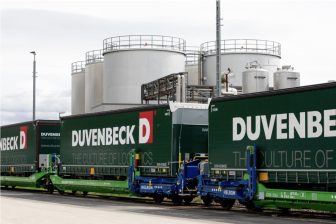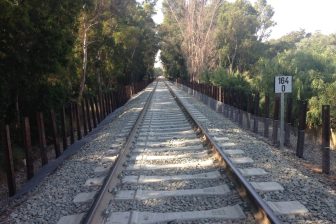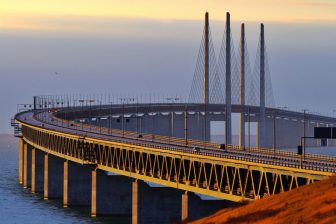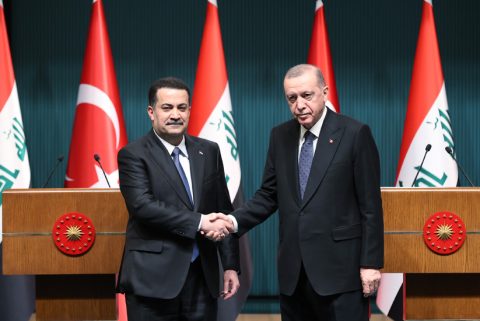
Erdogan says Turkey-Iraq future railway line can be a ‘new Silk Road’
Iraq approved the project for the so-called Development Road (also known as the Dry Canal), a rail and road network that will link Basrah, in the south of Iraq, with the Turkish border. Turkish president Recep Tayyip Erdogan said that the project has the potential to become “the new ‘Silk Road’ of our region”.
This initiative, once completed, will connect the Grand Faw Port, being built near the Persian Gulf, with the Turkish port of Mersin, on the Mediterranean Sea. With this project, Iraq could thus become a new key hub for transportation between Asia and Europe. The project for a railway line connecting the south of Iraq to Turkey was brought forwards at the end of January by the Organization of the Petroleum Exporting Countries (OPEC). Iraq and Turkey’s recent approval of the project makes its realisation official.
Connecting the Grand Faw Port to Turkey by rail
The railway corridor connecting the Grand Faw Port with the Turkish border is expected to cost over 18 billion euros and be ready by 2038, as the Arab Gulf States Insitute in Washington pointed out. The Iraqi side of the railway line will stretch for about 1,200 kilometres and will cross Basrah, Diwaniya, Najaf, Karbala, and Mosul to then reach Turkey. The project involves the construction of new electric railway lines. According to media outlet Zawya, French company Alstom is in charge of the rail project.
Moreover, there is a plan to reopen the section from Mosul to the Turkish city Gaziantep, 300 kilometres from Mersin. This rail line has had a troubled story since the US invasion of Iraq in 2003 when a bombing destroyed most of the station in Mosul, forcing its closure. The station was then reopened in February 2010 but closed again in July of the same year. The station was bombed again in 2014, after the Islamic State group took over the country, leading to 80 per cent of it being destroyed.
The Grand Faw Port
The Grand Faw Port will be located roughly 100 kilometres south of Basrah. The first official proposal for the project came in 2010 but the first phase, which included the construction of five main piers was completed only in 2021. Phase two, which is expected to last until 2025, will entail the construction of a container terminal as well as large submarine tunnels connecting to the nearby and shallower Umm Qasr Port. For this project, a contract worth over 2,5 billion euros was awarded in 2020 to Korean company Daewoo Engineering and Construction. The third and final phase of the project will include the construction of around 100 berths.
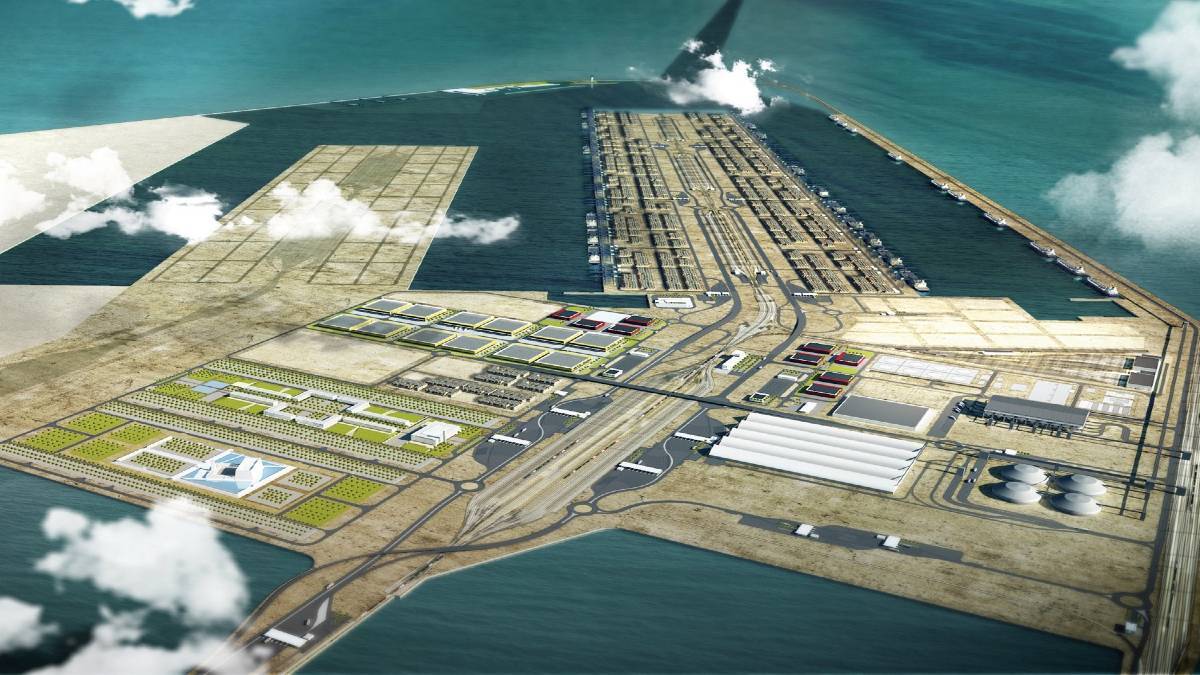
The master plan for the port was developed by Italian firm Technital, with an estimated total cost of 11,7 billion euros. The new facility is expected to handle 36 million tonnes of containerised freight and 22 million tonnes of dry bulk by 2028. The plan is to further increase these numbers, respectively to 70 million tonnes and 33 million tonnes, by 2038. The project includes two million square metres for terminal container stacking, 600,000 square metres for dry bulk yards, and one million square metres for buildings and warehouses. The double-track railway connected to the port should enable it to move 80 to 90 couples of trains every day.
Also read:


